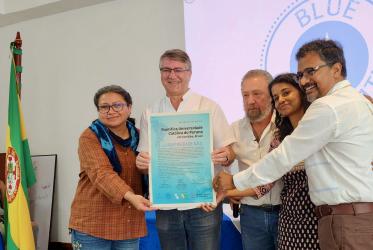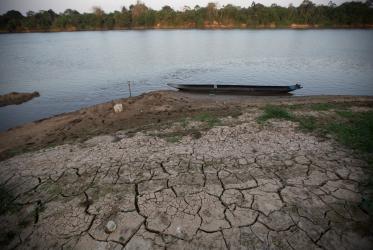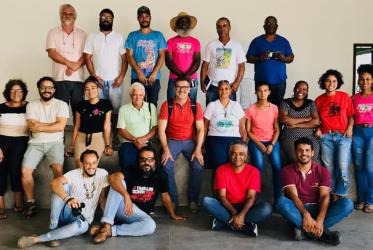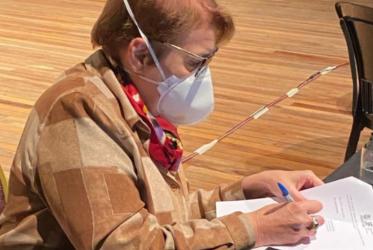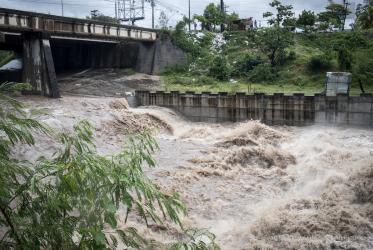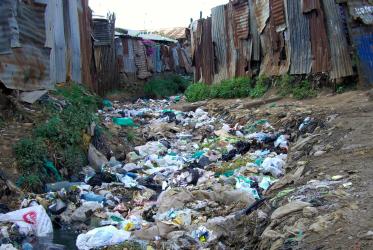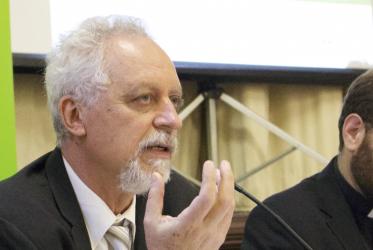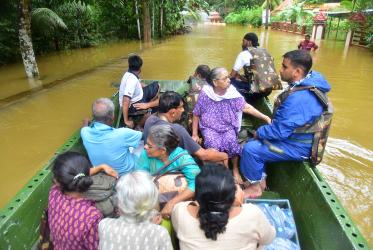Displaying 1 - 20 of 43
WCC stands in solidarity with victims of major flood in Brazil
17 February 2022
Brazilian ecumenical water network launched
29 July 2021
Pulling together for a living River Pardo
02 July 2021
Global webinar will discuss environment, agriculture and water
03 December 2020
On World Toilet Day, sanitation is “an issue of justice”
16 November 2020
Interfaith Rainforest Initiative expands
12 February 2019
WCC Eco-School encourages youth to become eco-ambassadors
08 November 2018
WCC represented at International Sanitation Convention in India
18 October 2018
